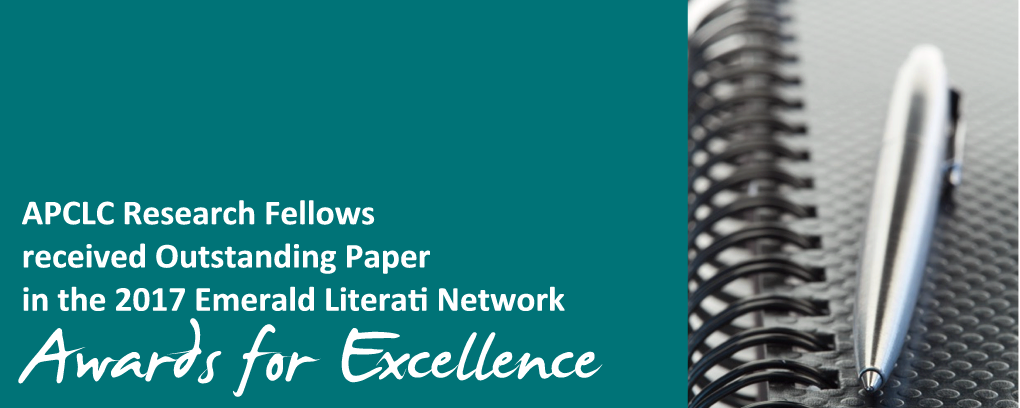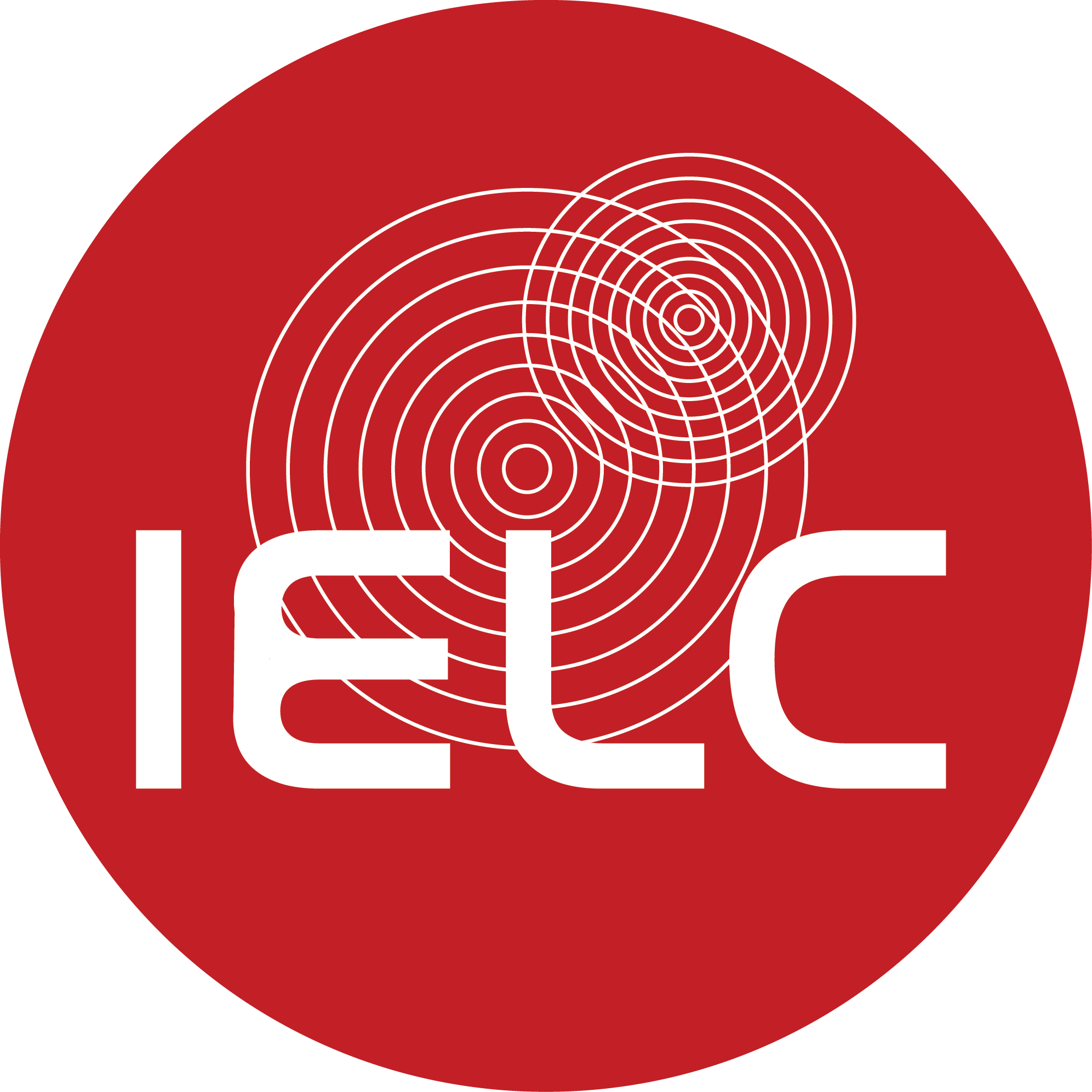Centre News
|
||
|---|---|---|
 |
||
APCLC Research Fellows received
Outstanding Paper in the 2017 Emerald Literati Network Awards for Excellence The Emerald Literati Awards, which include the Awards for Excellence and Citations of Excellence, are now in their 24th year and were established to celebrate and reward the outstanding contributions of authors and reviewers to scholarly research. The criteria used to judge the awards are based on six areas that inform the development of our products: internationality; diversity; support for scholarly research; encouragement of applied research (impact); commitment to high quality scholarship; and a desire to ensure reader and author experience is the best it can be. This year, Prof Cheng Yin-cheong, Dr James Ko and Dr Theodore Lee, FEHD faculty in Department of Education Policy and Leadership and Research Fellows of The Joseph Lau Luen Hung Charitable Trust Asia Pacific Centre for Leadership and Change at The Education University of Hong Kong, received the Outstanding Paper in the 2017 Emerald Literati Network Awards for Excellence. The paper entitled "School autonomy, leadership and learning: A reconceptualisation” was published in International Journal of Educational Management in 2016. The study is to develop a framework for reconceptualising research on school autonomy to redress the limitations of traditional research, strengthen the conceptual links between school autonomy and learning outcomes and offer a range of new strategies for studying the interplay of school autonomy, leadership and learning. Based on a review of international studies and the findings of the Programme for International Student Assessment (PISA) and the Teaching and Learning International Study (TALIS), the conceptual limitations of and gaps in traditional research on school autonomy in relation to leadership and learning are discussed, and their implications for the development of a new framework are outlined. The conceptual limitations of traditional research on school autonomy are as follows: internal school autonomy is insufficiently differentiated; too little attention is paid to cultural autonomy and internal structural autonomy at individual and group levels; autonomy is measured only as perceived by principals, with no attention to the perspectives of other key stakeholders; and conceptual links between school autonomy and learning outcomes are missing, leading to inconsistent findings on the effects of school autonomy on student learning. To redress these limitations, a new framework for research is developed. School autonomy is reconceptualised as a combination of functional autonomy, structural autonomy and cultural autonomy. Leadership is also reconceptualised by categorising three types of leadership activity: leadership for functional initiatives, leadership for structural initiatives and leadership for cultural initiatives. This categorisation may help to strengthen conceptions of the relevance of leadership to autonomy and performance in future research. A typology of research strategies is developed to broaden the possibilities for implementing the reconceptualisation framework. A single-component strategy, a two-component strategy, an interaction strategy and a holistic case-study strategy are presented. Depending on the research purposes and the available resources, one or a combination of these strategies can be used to conceptualise the study of school autonomy, leadership and performance. The new ideas and perspectives associated with the reconceptualisation framework will contribute to future research in this area on an international scale. Future PISA, TALIS and similar studies will also benefit from this reconceptualisation. To know more the award paper, please visit the Emerald website. |
||

